Jacqueline Fernandez’s Mumbai Residence Engulfed in Fire: No Injuries Reported!
-
Entertainment

Indian actress Rakul Preet and Jackie Bhagnani’s first glimpse after their wedding
The first picture after the wedding of famous Bollywood actor Jackie Bhagnani and actress Rakul Preet Singh is out. According…
Read More » -

-

-
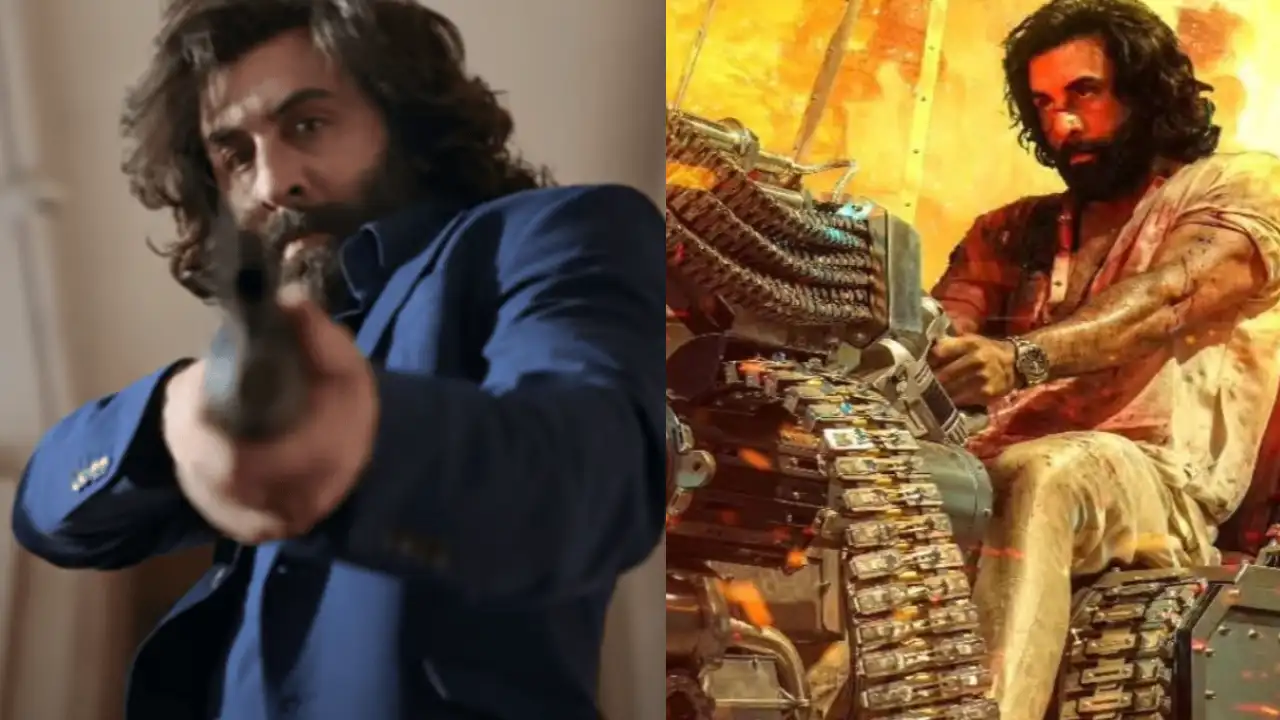
-

-
Politics

Princess Sheikha Mehra and Sheikh Mana are expected to have a baby girl.
Princess Sheikha Mehra Al Maktoum, daughter of the Vice President and Prime Minister of the United Arab Emirates, Sheikh Mohammed…
Read More » -
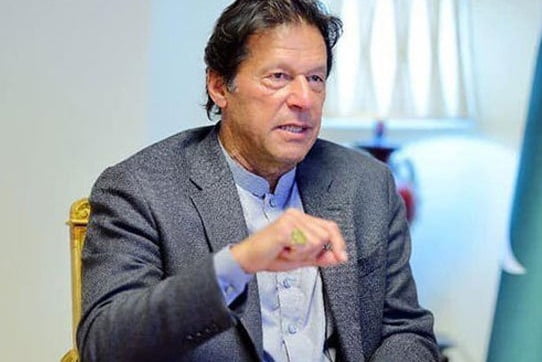
-
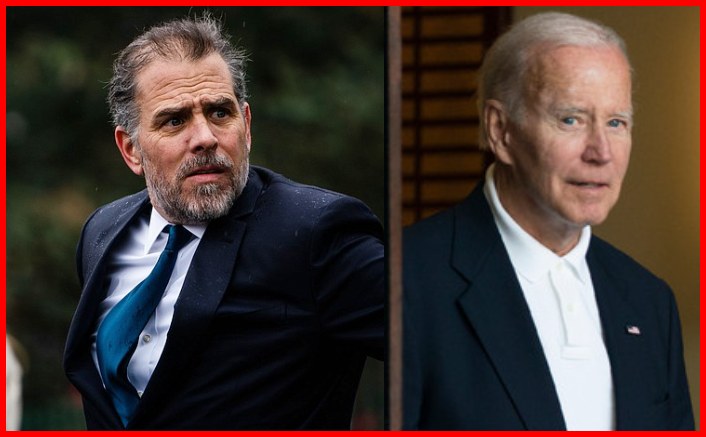
-
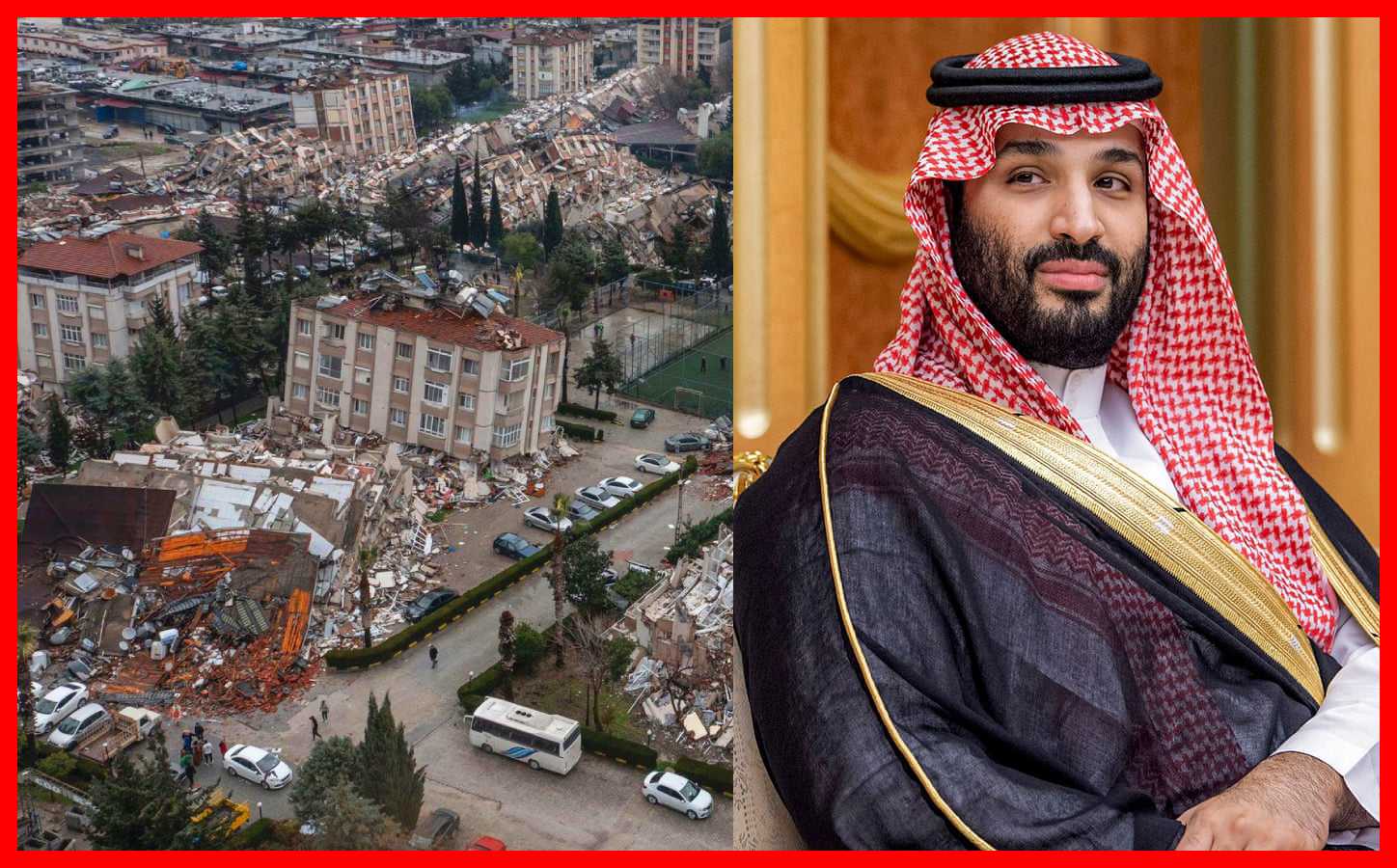
-

-
Sports

Navigating Grief and Resilience: Rebecca Adlington’s Courageous Journey
In a heartbreaking revelation, former Olympic swimmer Rebecca Adlington recently shared the devastating news of the loss ....
Read More » -

-

-

-

-
Technology

Famous personalities are expected to attend the wedding of Mukesh Ambani’s younger son
The list of guests attending the pre-wedding celebrations of Indian businessman Mukesh Ambani’s younger sons Anant Ambani and Radhika Merchant…
Read More » -

-
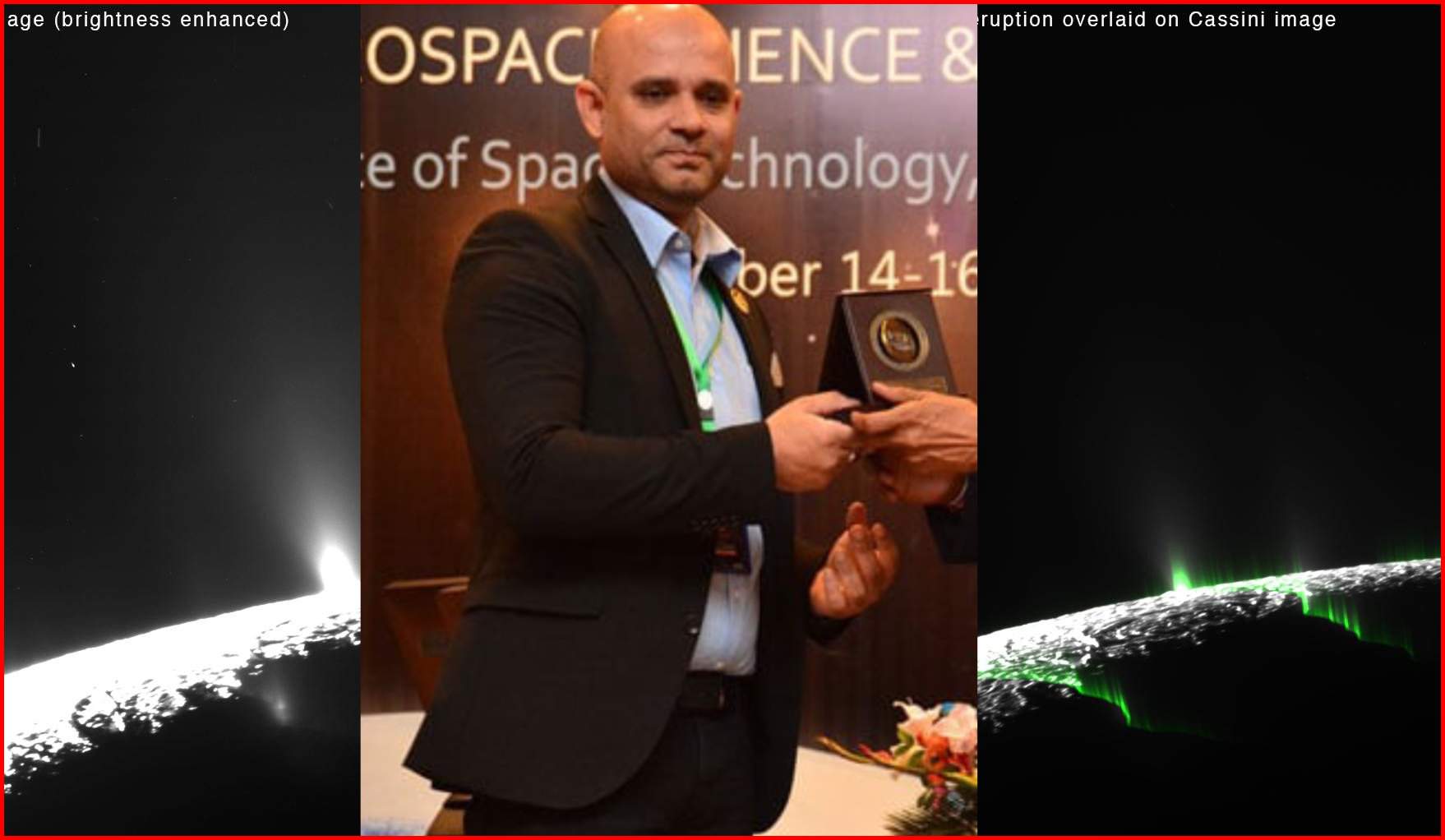
-

-

Famous Youtubers
Lilly Singh Biography | Net Worth, Family, Age, and YouTube Career

Explore the inspiring Life, Net Worth and Lilly Singh Biography, from YouTube…
Eva Zu Beck Net Worth | Biography, Family, Age, Facts & Vlogging

Explore the fascinating Eva Zu Beck Net Worth, life and her remarkable…
Ducky Bhai Net Worth | Biography, Family, Age, Career & Youtube

Dive into the captivating Ducky Bhai Net Worth, Pakistan's renowned YouTuber extraordinaire.…
Azad Chaiwala Net Worth | Biography, Games, Family, Age & Career

Unlock Azad Chaiwala Net Worth, a British-Pakistani entrepreneur and YouTube sensation. Explore…
Isabel Paige Net Worth Journey: Biography, Family, Age and Career

Explore the intriguing journey of Isabel Paige net worth, delving into her…
MrBeast Net Worth | Biography, Success, Age, Career, Family & Awards

Explore the astounding MrBeast Net Worth, as we unveil the secrets behind…
Videos
Exclusive Videos
1 / 5 Videos1
Salaar 2: Filming Begins! Latest Updates and Exciting Details | #showbiz #hollywood #tamil #telugu
03:282
#princess Sheikha Mehra and Sheikh Mana Expecting Their First Child! | #showbiz #dubai
03:283
Why did Kiara Advani marry Sidharth at her career's peak? | #showbiz #hollywood #bollywood
03:484
Ranbir Kapoor's Reaction to the Monstrous Machine Gun | #showbiz #hollywood #bollywood #biography
03:595
Top 10 Sci-Fi #movies of the 21st Century | TheTalentedWorld | #showbiz #hollywood #biography
06:01Talented World
Aitzaz Hasan | Complete Biography
Aitzaz Hasan Bangash[a] (1998/1999 – 6 January 2014) was a student from Pakistan who died on 6 January 2014 while…
Matayoshi Mitsuo | Japan’s Crazy Christ!
Mitsuo Matayoshi was a Japanese political activist known for his perennial candidacy. He was the leader and founder .......
Michel Lotito | Man who can eat everything
Michel Lotito began eating unusual material at 9 years of age, and he performed publicly beginning in 1966.....
Yoshiro Nakamatsu | Hold the world record for 3,200 inventions
Yoshiro Nakamatsu is a Japanese inventor. He regularly appears on Japanese talk shows demonstrating his inventions......
Mehran Karimi Nasseri | Lives at the Airport since 1988
Mehran Karimi Nasseri, also known as Sir, Alfred Mehran, was an Iranian refugee who lived in the departure lounge of Terminal 1 in Charles .....
Lal Bihari | The man who fought for 19 years to prove that he is alive.
Lal Bihari Mritak is an Indian farmer and activist from Amilo, in Azamgarh district, Uttar Pradesh, who was officially declared......
Ngoc – Three decades without sleep
Thai Ngoc or Hai Ngoc is an insomniac from Vietnam . According to Vietnamese news outlet Thanh Nien........
Cathie Jung | World’s smallest waist | Height, Weight, Bio & Family
Cathie Jung, holder of the Guinness World Record for the world's smallest waist since 1999. Learn about her dedication to…
-
Academia
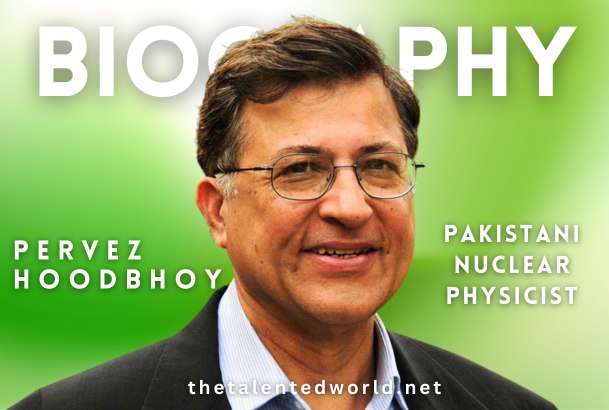
Pervez Hoodbhoy
In this article, we talk about famous Pakistani nuclear physicist Pervez Hoodbhoy biography, net worth, age, family, education, pics &…
-
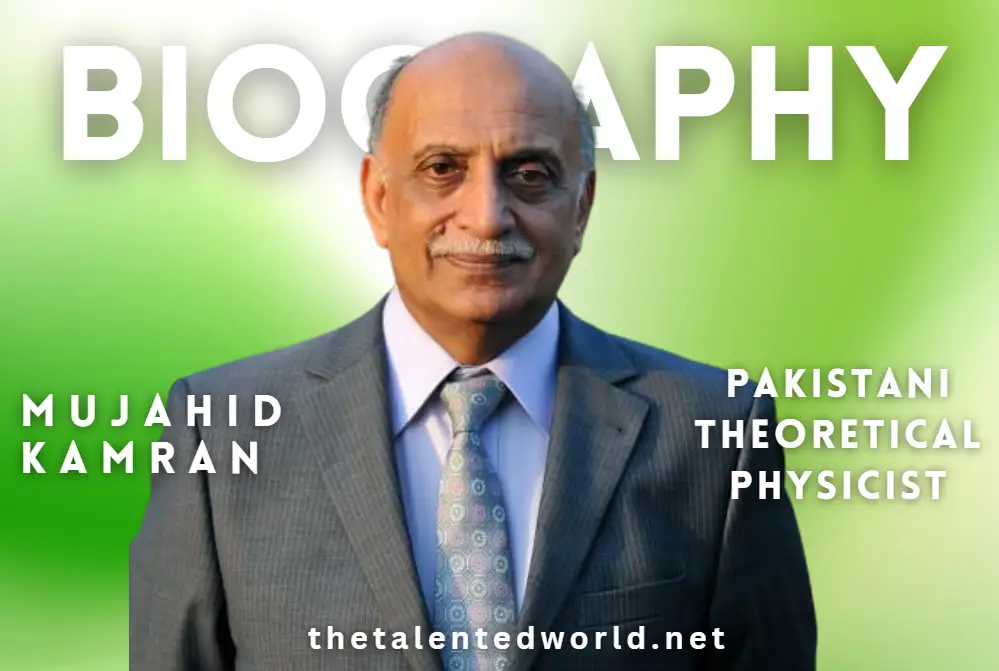
-
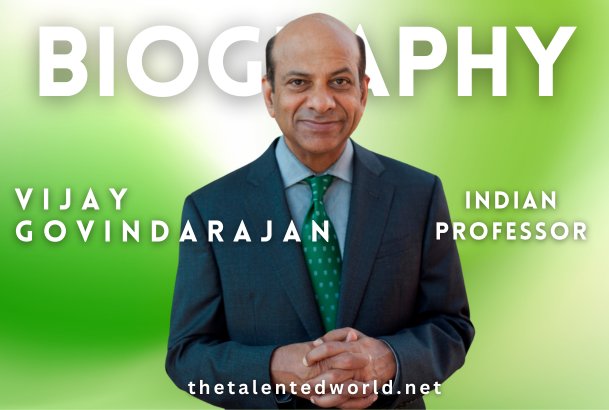
-
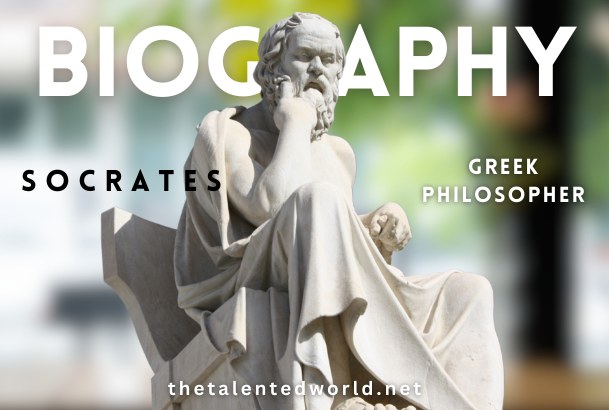
-

-
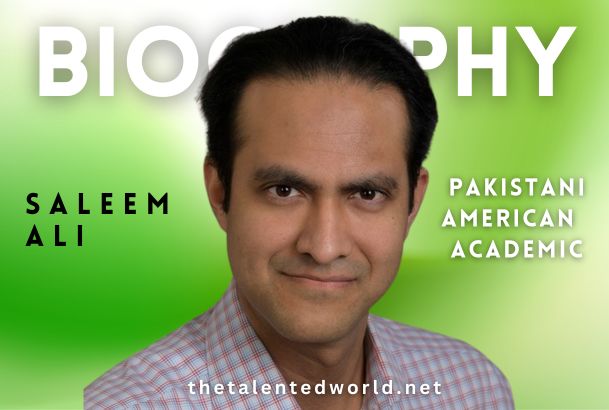
-

-
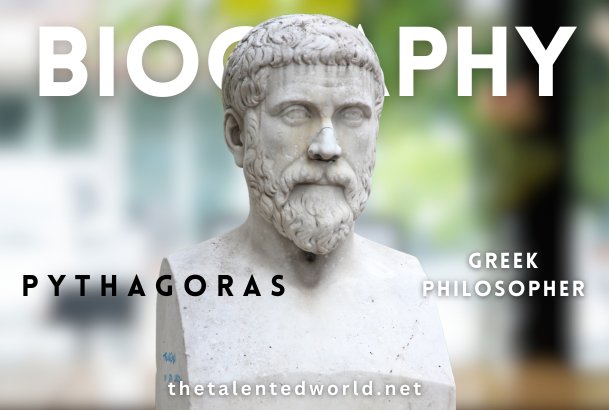
-
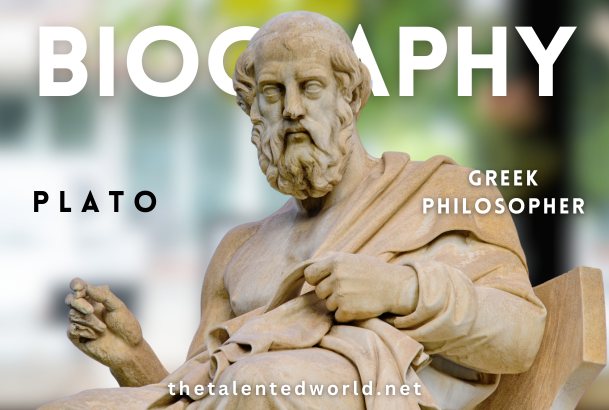
-
Activist
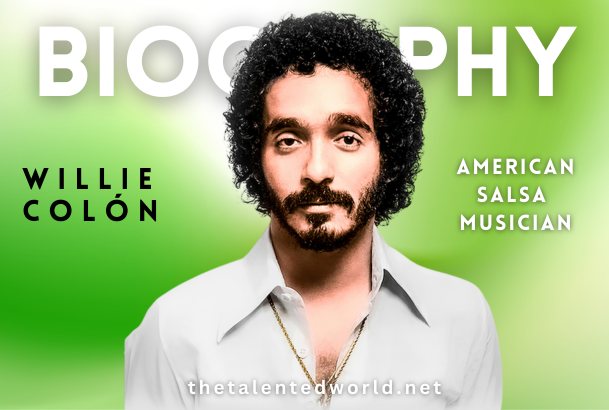
Willie Colon
Introduction: Few names have as much resonance in the rhythmic realm of salsa music as Willie Colón’s. Colón has left…
-

-

-

-

-

-
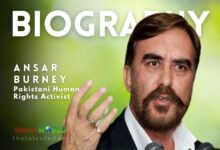
-

-

-
Actors

Vijay Deverakonda
Introduction: Vijay Deverakonda, born in Hyderabad, India on May 9, 1989, is more than simply a name in the Indian…
-
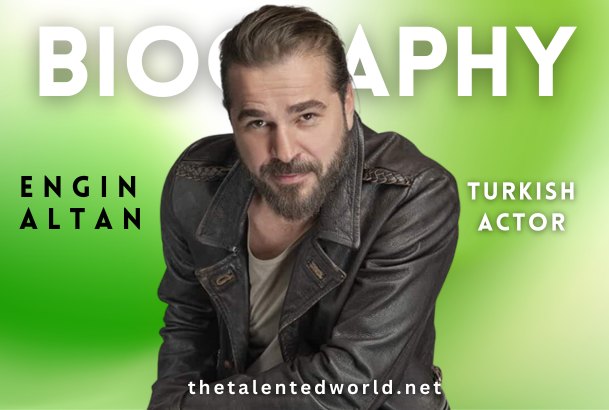
-
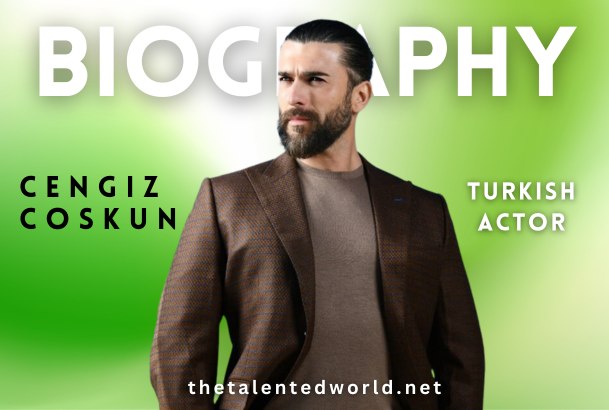
-

-

-

-

-

-

-
Actress

Sreeleela Biography, Net Worth, Family, Age, Career, Awards & Films
In this article we delve deep into the Sreeleela Biography, her net worth, family, age, height, career, awards and films.
-

-

-

-

-

-

-

-

-
Businessman

Elon Musk Net Worth | Biography, Family, Career & Companies
Explore the Elon Musk Net Worth. From early ventures to controversies, delve into the life of the visionary entrepreneur shaping…
-

-

-
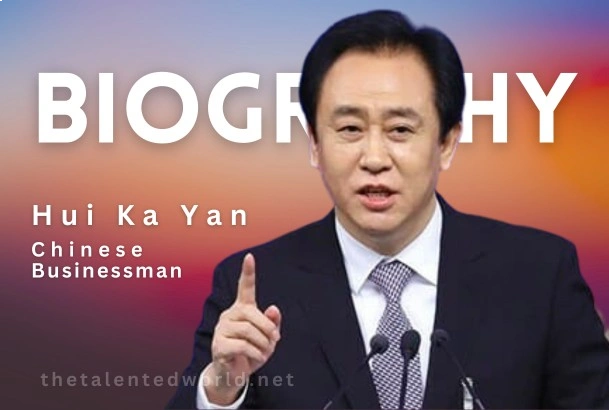
-

-
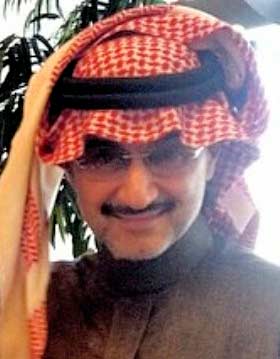
-
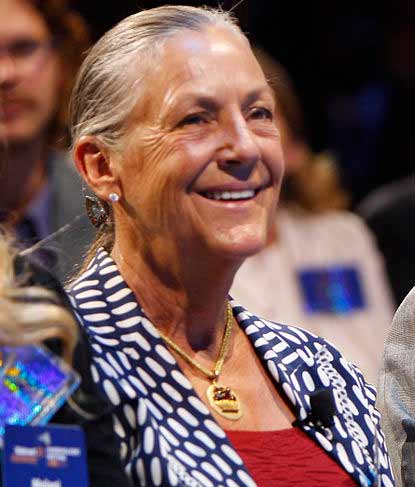
-
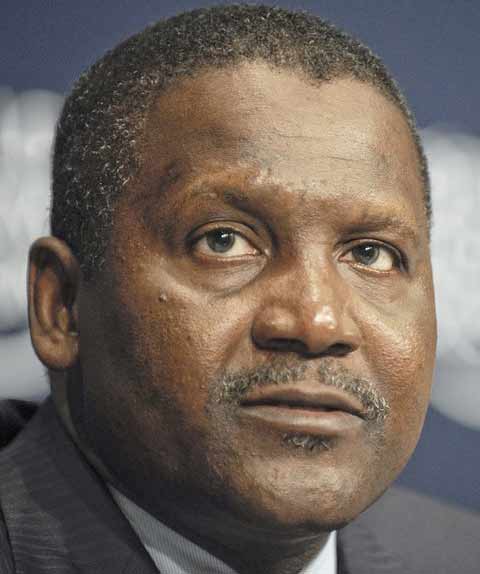
-

-
Inventors
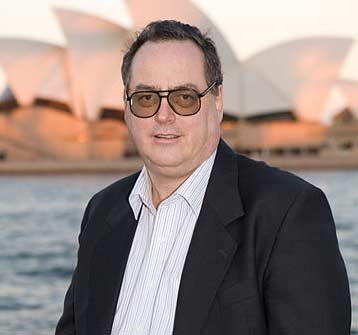
Kia Silverbrook Net Worth | Biography, Family, Inventions, Age and Career
Explore the journey of innovation with Kia Silverbrook Net Worth. Discover the life and achievements of the prolific inventor and…
-
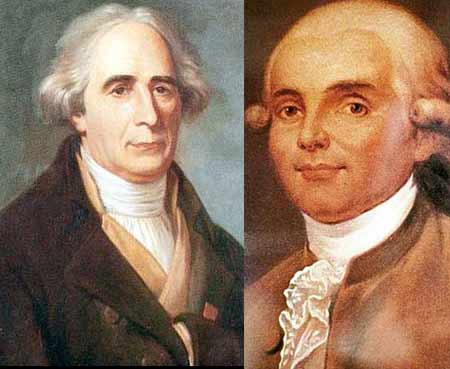
-
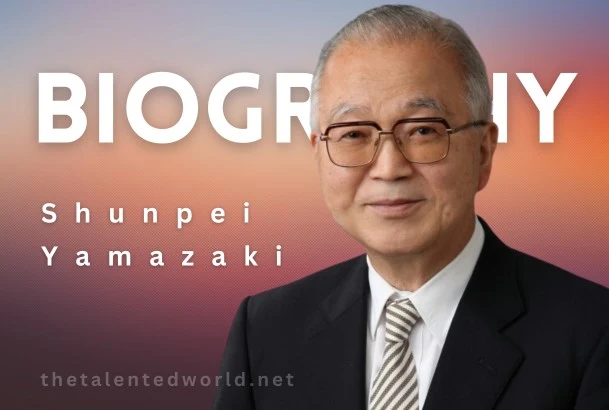
-

-
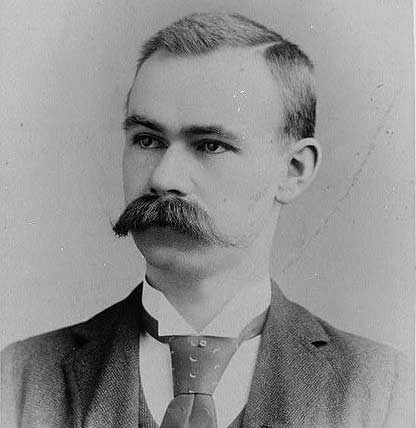
-
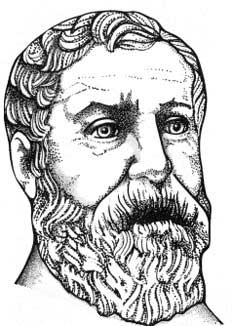
-

-
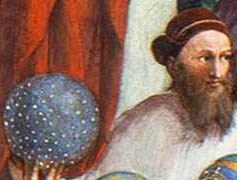
-
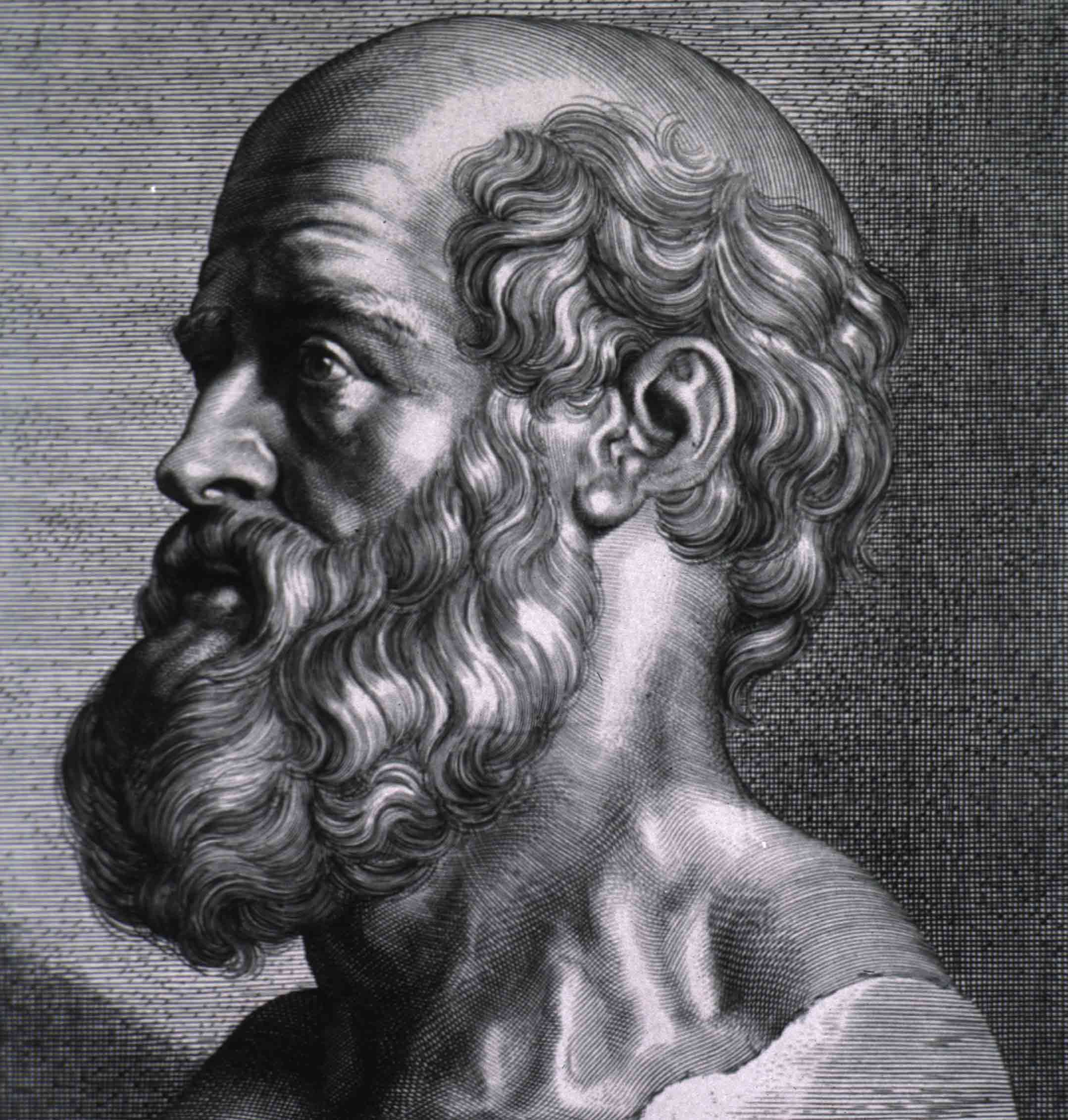
-
Leaders
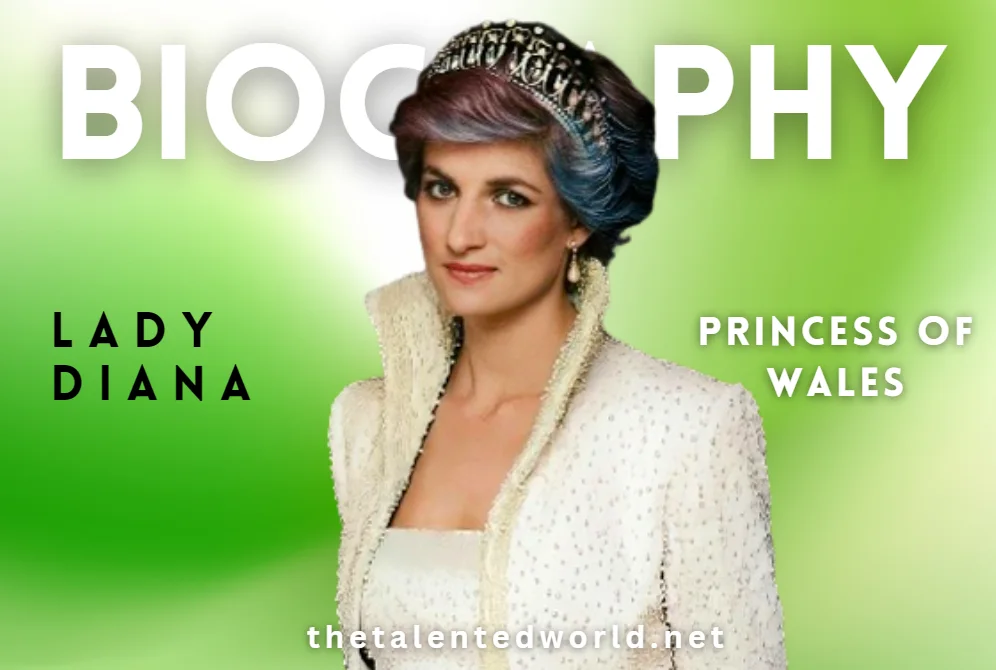
Lady Diana Biography | Death, Net Worth, Family and Awards
Explore the Lady Diana Biography, Net Worth and tragic demise of Princess of Wales, in this comprehensive biography.
-

-
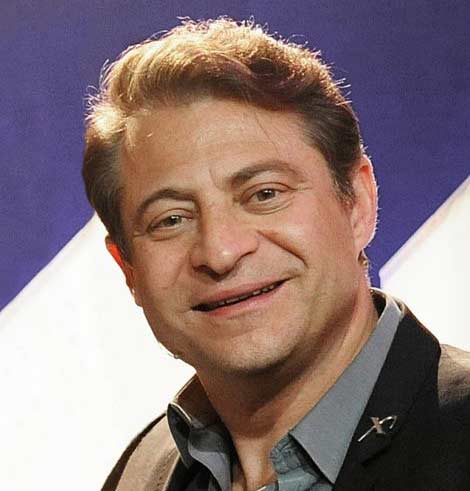
-

-
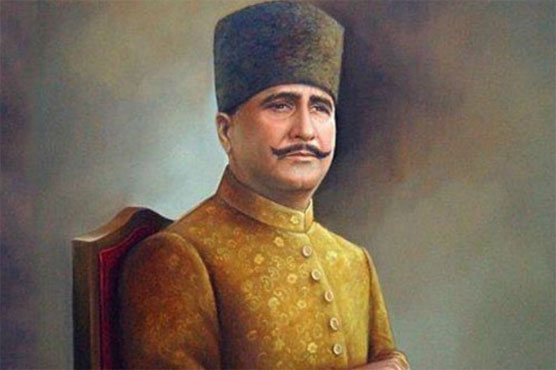
-

-
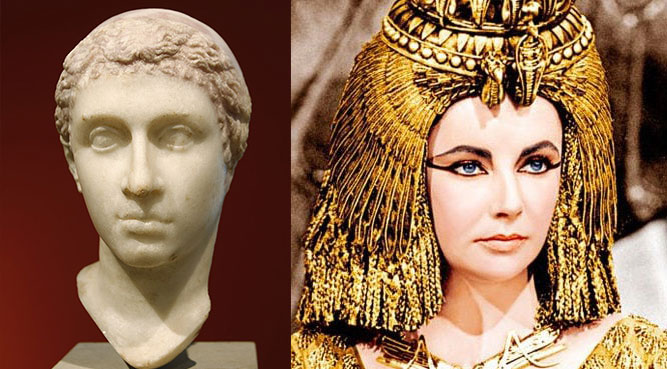
-
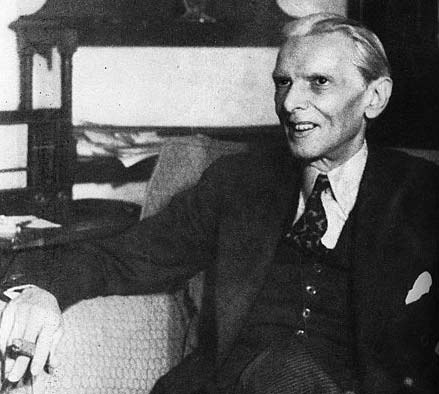
-
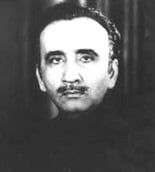
-
Painters
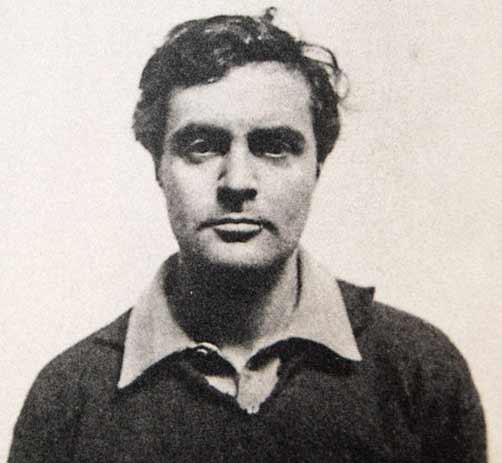
Amedeo Modigliani
Amedeo Clemente Modigliani was Jewish painter & sculptor. He worked mainly in France. His word is on view in........
-
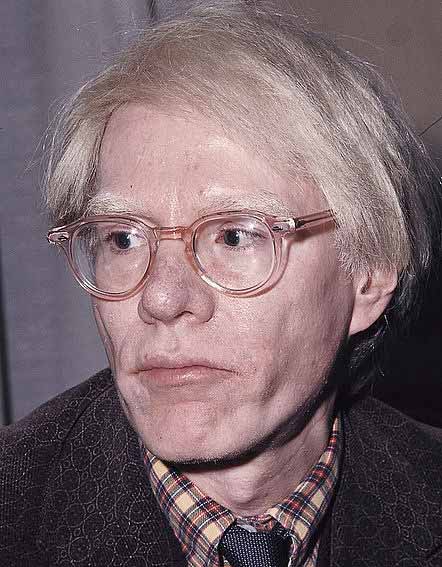
-
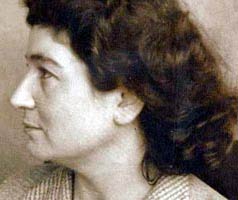
-

-

-

-

-
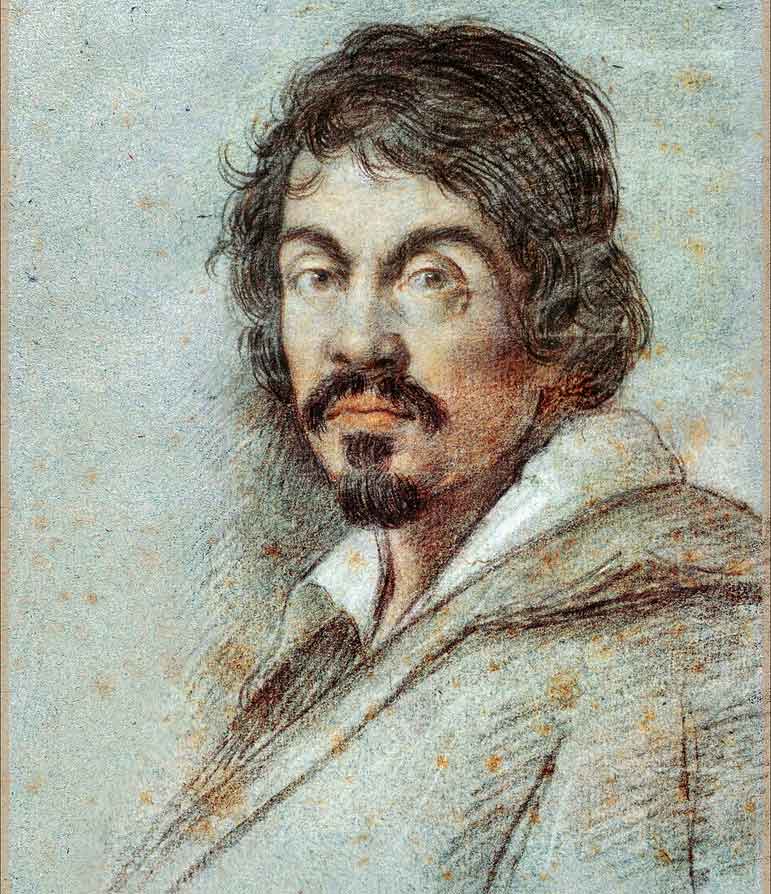
-
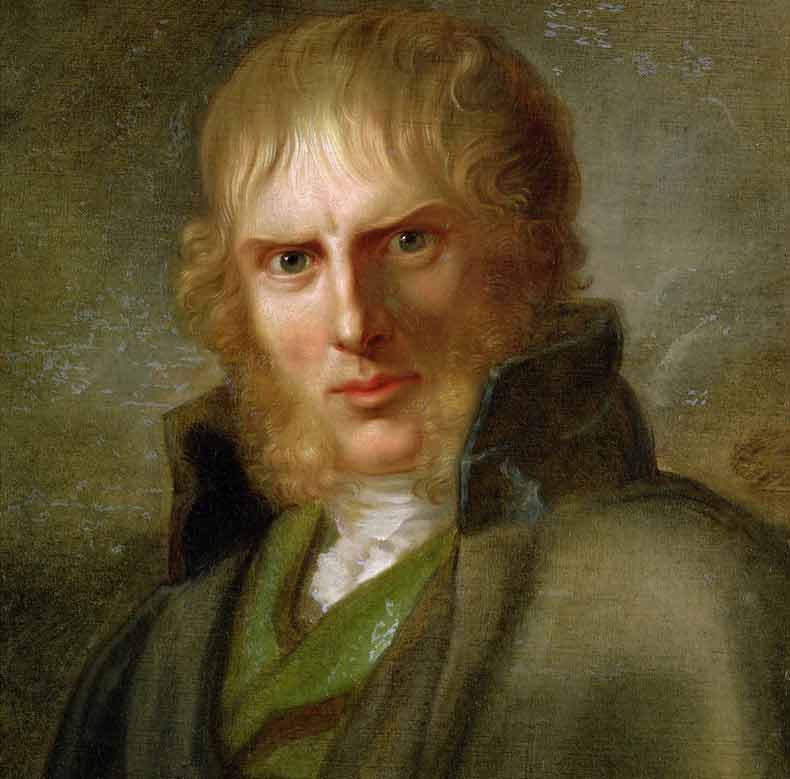
-
Scientists
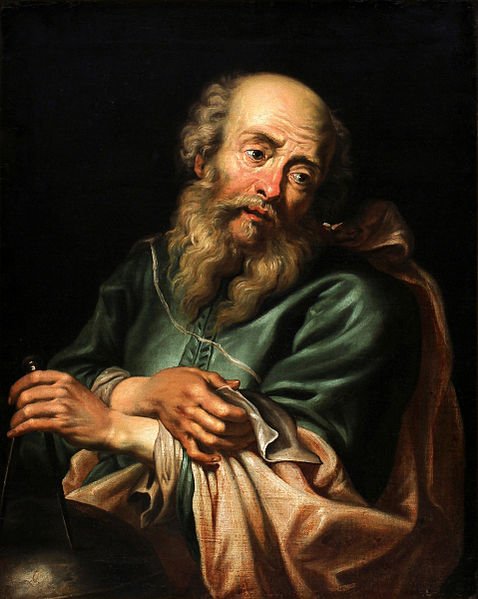
Galileo Galilei
Galileo Galilei was an astronomer, engineer, physicist & sometimes escribed as a polymath, from Pisa. His full .......
-
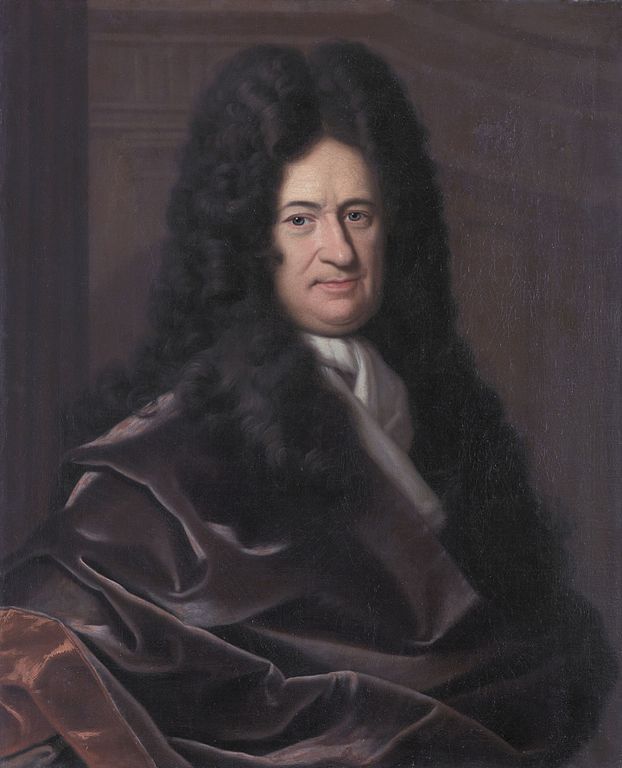
-
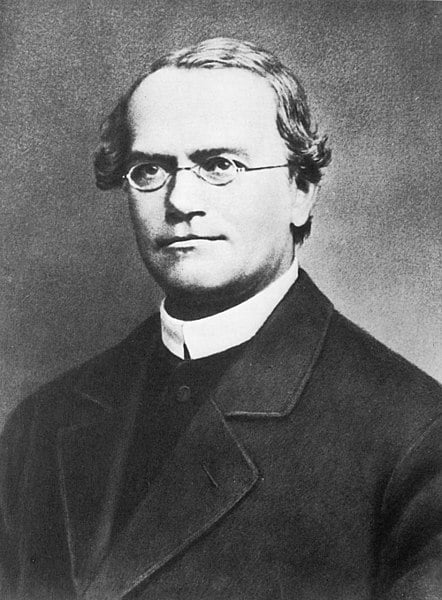
-
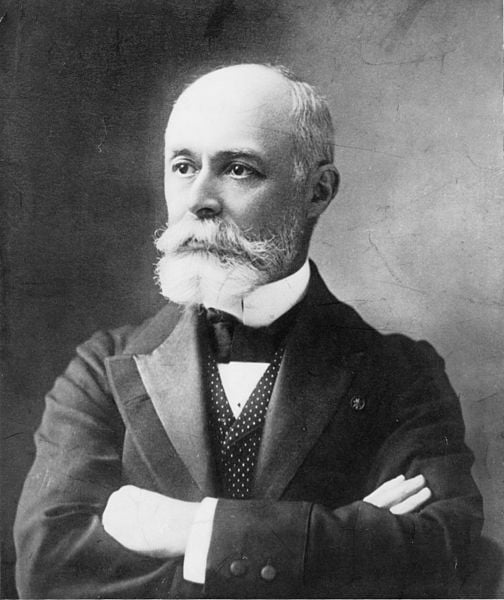
-
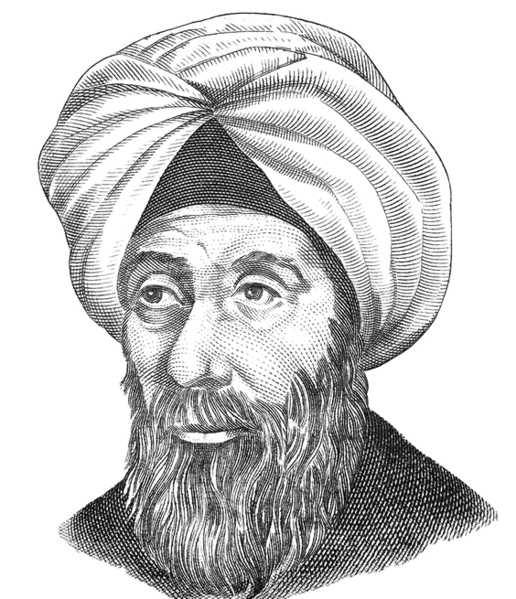
-

-

-
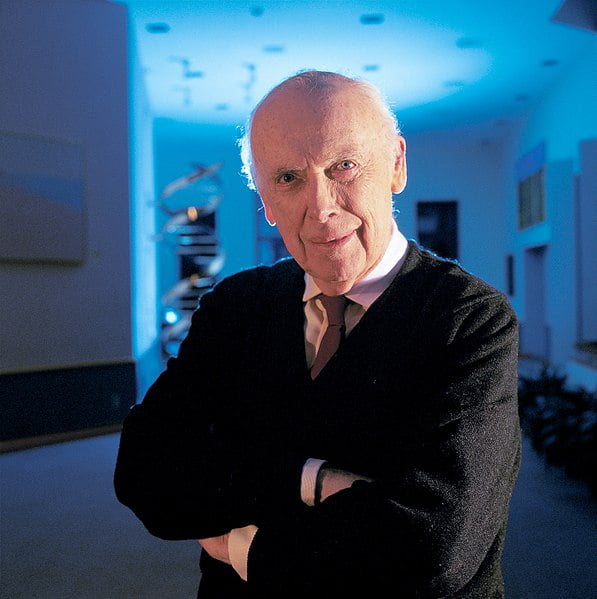
-
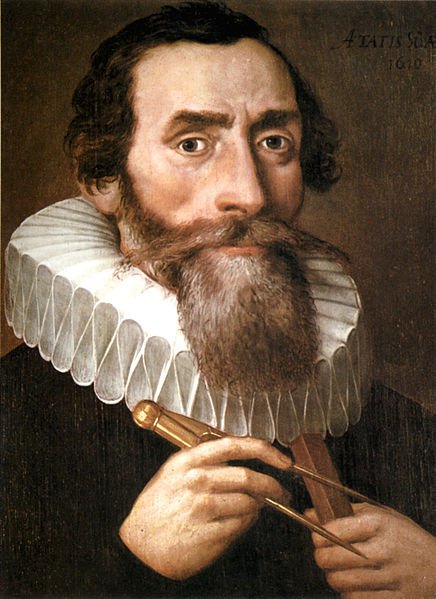
-
Singers

Garry Sandhu Biography, Net Worth, Life, Career & Awards
In this article we devle deep into the Garry Sandhu Biography, Net Worth, Career, Life, Awards, and struggles he do…
-

-

-

-
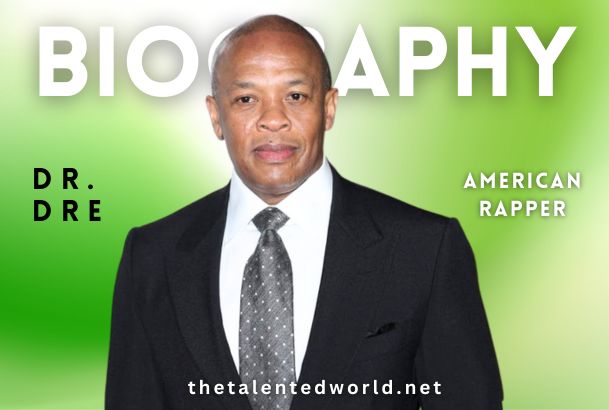
-

-

-

-



